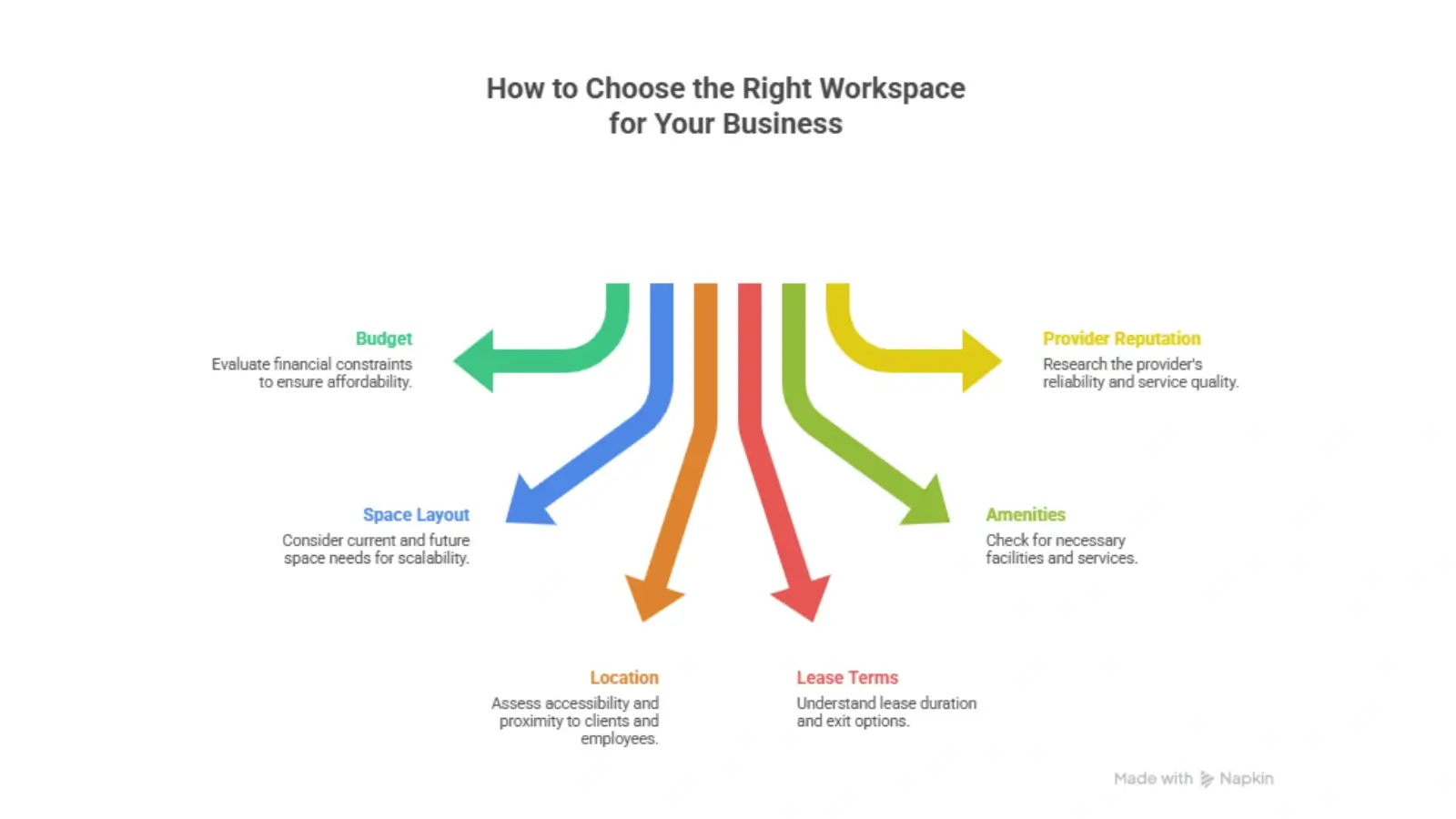Travel is an integral part of doing business. Whether it's meeting clients, attending conferences, or expanding markets, corporate travel plays a key role in fostering growth.
However, with travel comes expenses, and those costs—if not managed carefully—can spiral out of control.
For financial planners, the challenge is clear: how do you enable business travel while staying within budget? The answer lies in smart planning and adopting effective strategies in corporate travel management.
This blog will explore actionable ways to reduce corporate travel costs while maintaining efficiency and quality for your employees.
Why Addressing Travel Costs Is Essential
Corporate travel often represents a significant portion of a company's budget. According to a study by Statista, global business travel spending is projected to reach $1.8 trillion by 2027.
While travel is an investment in business growth, it’s crucial to analyze where excess spending occurs and how to optimize processes to improve ROI.
Cost reductions don't just benefit the bottom line—they allow businesses to reallocate resources to other critical areas, like research, marketing, or employee development.
With the right strategies, you can turn travel from a cost center into an optimized, value-delivering function. Partnering with Nobl Travel can help businesses unlock greater ROI from corperate travel by combining smarter planning with premium luggage.
6 Strategies to Reduce Corporate Travel Costs
1. Optimize Your Travel Policy
A well-defined travel policy is the foundation of effective cost management. It sets clear parameters for employees while ensuring compliance with the company’s budget and goals.
Your policy should outline:
-
Preferred vendors and booking channels.
-
Maximum limits for lodging, meals, and transportation.
-
Rules for airfare upgrades or last-minute bookings .
Simplify your processes by implementing tools to aid compliance. For instance, travel management platforms allow you to visualize upcoming travel, track unused flight credits, and monitor spending trends across the company.
A streamlined policy ensures that everyone is on the same page, reducing unnecessary spending and potential policy violations.
2. Partner with a Corporate Travel Company
Partnering with dedicated corporate travel management specialists can unlock exclusive benefits for your business. Companies like Corporate Traveler, for instance, specialize in reducing travel costs by offering:
-
Access to lower, negotiated rates for hotels, flights, and car rentals.
-
Insights into cost-saving opportunities, like leveraging unused flight credits.
-
Assistance in tracking and ensuring travel policy compliance.
Corporate travel management services don't just save money; they save valuable time by handling logistics and travel bookings, freeing your team to focus on core tasks.
3. Book Travel in Advance
Booking flights, accommodations, and transportation well in advance is one of the simplest yet most overlooked ways to control travel costs. On average, airfare prices increase as the date of travel approaches, especially for popular destinations.
Encourage employees to plan trips early by providing incentives, like upgraded accommodation or company-wide recognition for staying within budget. Early bookings keep costs predictable and give financial managers more room to allocate resources.
4. Negotiate Corporate Rates
Utilizing your purchasing power to negotiate corporate rates can lead to significant savings. Many hotels and airlines are willing to provide lower rates or added perks, like free breakfasts or Wi-Fi, especially for companies with frequent travelers.
Make sure to consolidate bookings with preferred vendors. Focus on the carriers and chains your employees use most often to increase your bargaining power during negotiations.
5. Leverage Technology for Cost Tracking and Reporting
Modern financial planning requires data-driven insights, especially in fast-paced, cost-incurring activities like business travel. By using travel expense management software, businesses can:
-
Monitor and adjust travel spending in real-time.
-
Identify patterns of overspending or policy non-compliance.
-
Generate detailed reports to present insights at key decision-making meetings.
Platforms powered by artificial intelligence (AI) can even suggest low-cost alternatives for frequent routes or recommend adjustments to policy based on your company’s travel patterns.
6. Encourage Virtual Meetings When Possible
Sometimes, the best trip is the one that doesn’t need to happen. Virtual meetings have become more widely accepted across industries, leading to opportunities to save on smaller, non-essential trips.
Tools like Zoom and Microsoft Teams can effectively replace in-person meetings for discussions, internal collaborations, or client updates. While travel will always have its place in building strong relationships, prioritizing essential trips ensures your budget is spent wisely.
Beyond Costs: Engaging Employees and Vendors
While reducing travel costs is important, it’s equally vital to maintain the quality of your employees' travel experiences. A poorly managed process can lead to frustration, fatigue, and lost productivity.
Encourage feedback from traveling employees. Gather input on what works, what doesn’t, and areas for improvement. When workers feel that their needs are part of the conversation, they’re more likely to comply with budget-friendly guidelines.
Additionally, ensure reliable partnerships with travel vendors. By fostering a collaborative relationship, you’re more likely to negotiate favorable terms and unlock added benefits that go beyond monetary savings.
The Bottom Line
Reducing corporate travel costs isn’t just about spending less—it’s about spending smarter.
By optimizing your travel policy, leveraging technology, and working with corporate travel management experts, businesses can not only save money but also enhance the overall efficiency of their travel programs.
Remember, an investment in smarter travel solutions pays dividends. Whether it’s negotiating better rates, enabling clear expense tracking, or identifying when a trip is necessary, these efforts all work together to improve ROI.

Danielle Bennet is a former businesswoman who ventured into entrepreneurship to gain precious independence. Writing is one of her passions and allows her to keep up with the trends while sharing her interests and insights.

















